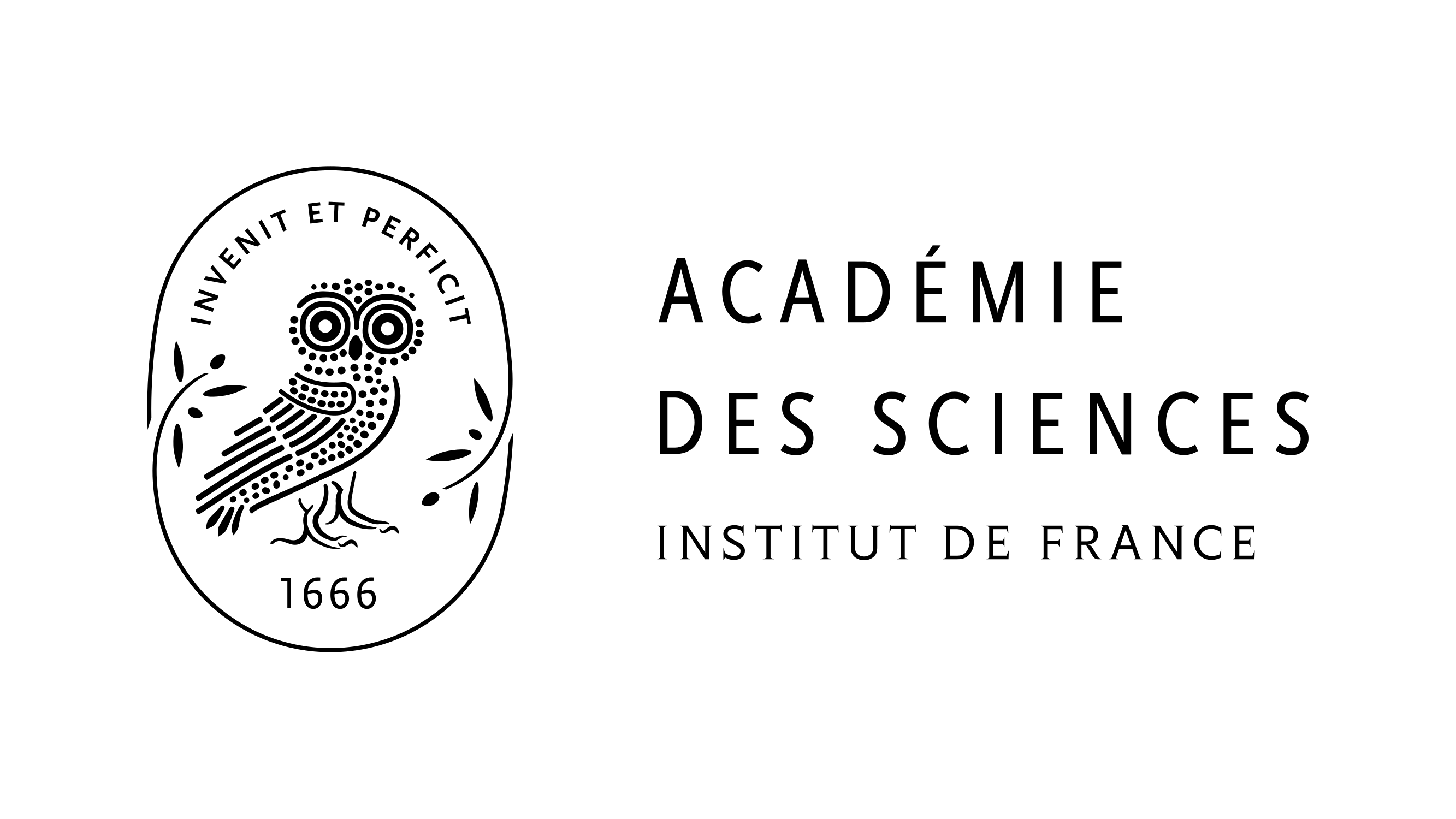Large Satellite Constellations: Challenges and Impact
Résumé
The New Space Age (NewSpace) marks the advent of a new era in the use of
space, characterized by the opening of space to new players, the use of new space
technologies, new functionalities for satellites in orbit, and the development of satellite
constellations, mainly in the fields of communications and Earth observation.
These developments are underpinned by first-rate scientific and technological advances,
as well as considerable public and private investment, in particular in the
USA, China and, to a lesser extent, Europe. Fleets of small low- and medium-orbit
satellites are replacing or complementing the large geostationary satellites that predominated
in the previous period. Whereas space used to be reserved to a small
number of states and major industrial groups, one is now witnessing the emergence
of new space states, new industrial groups such as SpaceX or Amazon, and many
start-ups. One also observes the emergence of companies with launching and satellite
manufacturing capacities, which are also taking on the role of telecommunication
operators and content producers.
The most visible result of the deployment of these new space networks is the
ability to provide high-speed, low-latency Internet connections to any point on the
globe. Combined with Earth observation capabilities, these new communications
resources also enable real-time action to be taken in any region, including those
with no equipment other than terminals. In addition, these space networks are
remarkably resilient compared with terrestrial networks. Geostrategic and military
considerations combine with rapidly evolving business models to explain the massive
investments currently being made in this domain.
However, the lack of international regulation in the field is leading to a race to
occupy orbits and frequencies, which has already had serious consequences for a
whole range of scientific activities. These constellations have a potentially negative
impact on astronomy in the visible and infrared optical domains, as well as on radio
astronomy. They also raise a major problem in terms of space congestion, with an
increase in the amounts of satellite debris resulting from launches or collisions between
satellites, and the possibility of reaching a phase of chain reaction collisions. In
addition, from an environmental point of view, the consequences of the proliferation
of launches and uncontrolled re-entries into the atmosphere are equally worrying.
What’s more, the lack of regulation in the field also leads to a loss of sovereignty,
since these new satellite communication networks do not comply with any of the
rules that states impose on terrestrial communication networks operating on their
territories. A sustainable, global solution must be found to these problems, before
major and potentially irreversible damage is inflicted on the planet’s environment,
geostrategic balances, democracy, and science.
While the Acad´emie des Sciences considers that France and Europe need to step
up their scientific and industrial actions in this field in order to benefit from the
remarkable advances of these new networks, and ultimately leverage the benefits
of a resilient and secure communications network, the Acad´emie also recommends
working in parallel to strengthen regulation of the field with the aim of assuring
sustainable access to orbital and frequency resources, as well as protection for negatively
impacted fields, foremost among which are astronomy and the environment.
| Origine | Fichiers produits par l'(les) auteur(s) |
|---|




